When navigating the landscape of scholarships for studying abroad, it’s crucial to understand the two primary types: need-based and merit-based scholarships. Each type serves different purposes and has distinct application processes, and knowing how to leverage both can significantly enhance your chances of securing financial aid. This blog aims to demystify these scholarships, highlighting specific examples and providing practical advice for students at various academic levels.
Need-Based Scholarships: Support for Financial Needs
Overview: Need-based scholarships are designed to assist students who demonstrate financial need. These scholarships are awarded based on the applicant’s economic circumstances rather than academic achievements or other criteria.
How They Work: To qualify for need-based scholarships, students typically need to provide detailed financial information, such as family income, assets, and expenses. The goal is to ensure that students who might otherwise be unable to afford higher education receive the support they need.
Examples of Need-Based Scholarships:
- The Gates Millennium Scholars Program
- Overview: Funded by the Bill & Melinda Gates Foundation, this program provides full financial support to high-achieving students from low-income families.
- Monetary Value: Covers tuition, fees, room and board, and other related expenses.
- Eligibility: Open to U.S. citizens or legal residents who have a high school GPA of 3.3 or higher, demonstrate significant financial need, and have leadership experience. The program is highly competitive and targets minority students.
- Details: Applicants must submit a detailed application including essays, letters of recommendation, and financial documentation.
- The PEO International Peace Scholarship (IPS)
- Overview: This scholarship supports women from other countries pursuing graduate education in the U.S. and Canada.
- Monetary Value: Provides up to $12,500 annually for graduate studies.
- Eligibility: Open to women from countries other than the U.S. or Canada who are studying in the U.S. or Canada and demonstrate financial need.
- Details: Applicants need to submit proof of financial need, academic transcripts, and a personal statement.
- The Chevening Scholarships (UK)
- Overview: Funded by the UK government, these scholarships cover full tuition fees and living costs for students from low and middle-income countries.
- Monetary Value: Includes tuition fees, airfare, and a living stipend.
- Eligibility: Open to students with a strong academic record and leadership potential, who can demonstrate financial need.
- Details: Requires a completed application form, personal statement, and references. Applicants must show how they plan to use their studies to benefit their home country.
Merit-Based Scholarships: Rewarding Academic and Extracurricular Excellence
Overview: Merit-based scholarships are awarded based on a student’s academic achievements, talents, or other personal attributes. These scholarships do not consider financial need but instead recognize students for their accomplishments and potential.
How They Work: To be considered for merit-based scholarships, students typically need to demonstrate excellence in academic performance, extracurricular activities, or specific talents. Selection criteria can include GPA, standardized test scores, and other achievements.
Examples of Merit-Based Scholarships:
- The National Merit Scholarship Program (U.S.)
- Overview: This program recognizes high-achieving high school students in the U.S. based on their PSAT/NMSQT scores.
- Monetary Value: Varies; can include a one-time award of $2,500, as well as other scholarships funded by corporations and universities.
- Eligibility: High school juniors who score in the top percentile on the PSAT/NMSQT are eligible. Finalists are selected based on their academic record, extracurricular activities, and essays.
- Details: Students must achieve high scores on the PSAT/NMSQT and maintain excellent academic performance.
- The Rhodes Scholarships (UK)
- Overview: One of the oldest and most prestigious merit-based scholarships, the Rhodes provides full support for postgraduate studies at the University of Oxford.
- Monetary Value: Covers all tuition fees, living expenses, and travel costs.
- Eligibility: Open to students with outstanding academic records and demonstrated leadership. It is highly competitive and requires endorsements and interviews.
- Details: Applicants must be nominated and provide evidence of academic excellence, leadership, and a commitment to community service.
- The Presidential Scholarship at the University of California
- Overview: This scholarship recognizes exceptional undergraduate students at the University of California.
- Monetary Value: Provides up to $20,000 per year.
- Eligibility: Awarded to incoming freshmen with high academic achievement, including a high GPA and strong SAT/ACT scores.
- Details: Requires application through the University of California system, including academic transcripts, test scores, and essays.
Leveraging Both Scholarship Types
Combining Need-Based and Merit-Based Scholarships: Many students can benefit from a combination of need-based and merit-based scholarships. For instance, a student with high academic achievements and financial need might apply for both types of scholarships to maximize their funding opportunities.
Understanding the differences between need-based and merit-based scholarships is crucial for effectively navigating the scholarship landscape. By leveraging both types of scholarships, students can maximize their chances of securing financial support for their studies abroad. Whether you are striving for excellence in academics or demonstrating financial need, there are numerous opportunities available to help fund your education. By applying strategically and meeting the specific requirements of each scholarship, you can enhance your chances of receiving the support you need to achieve your educational goals.

